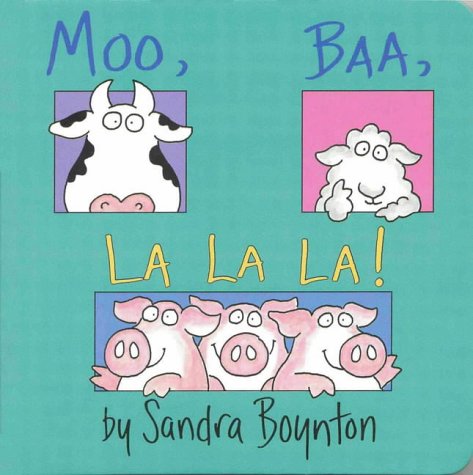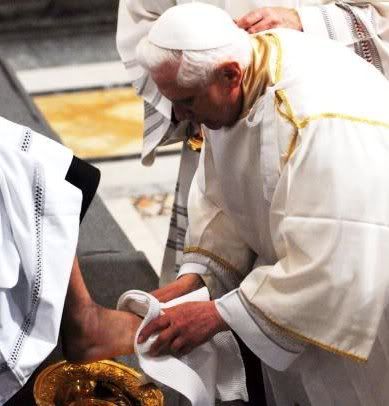Birthing two kids in the middle of my degree has offered me a bit of permission from God (myself, really) to let up on the how’s, why’s, and when’s in place of some more favorable peace. Surprisingly, as life grew busier, the peace became more present. When all of the above questions were hovering around like a poisonous bee at the start of my seminary tenure I thought I was going deaf from the numbing ZZZZZZzzzzzzzzz of where is this education leading? The loud buzzing never really went away, but as life progressed, it did drop down to a low dull so that I could proceed through life. Now that damn bee is back and the buzzing can be heard at decibels so electrifying I wonder when our nosy neighbor is going to call the cops for noises in our apartment louder than city ordinances permit. (Maybe I just have mental illness.)
Anyway, I have initiated several conversations with various people in the ministry and my family with the hopes that their guidance will numb the sound. They are people whom I trust and consider wise on such subjects like what the hell is God doing with my life. Their opinions have slightly varied and their ideas of what would be best for me are even sundry, yet one element of the dialogue has remained consistent amidst all my questions and anxiety (again, mostly self-imposed).
God loves you.
Hurumph. I usually huff a little and slightly audible sigh, feeling perplexed wanting more clarity about the here-and-now and not really wanting to continue such an esoteric line of thought. Then I think, actually God’s love is extremely tangible. That’s when my shoulders relax a smidgen. My breath comes a bit deeper on the next inhale, and I reluctantly remember this profound reality. Yes, God loves God’s people.
God did not bring me this far in life, with a husband, two kids, an (almost) advanced degree, various life experiences across the country, etc. to suddenly say, “ummm…yeah, good job on the grades at seminary, Lauren. You’ve arrived. You are now a Master of the Divine. So….yeah, good luck with all that. See you in a few years at the next resurrection.”
Sometimes I tend to think that’s the case, given what I’ve learned and misunderstood about process theology and practical theology and everything in-between that discusses how God may or may not interact in the world. However, everything inside me screeches (or wants to stand) against that.
 Liv loves the book “Moo, Baa, La La La” by Sandra Boynton. (A great children’s poet!)
Liv loves the book “Moo, Baa, La La La” by Sandra Boynton. (A great children’s poet!)It goes:
A cow says, “Moo!”
A sheep says, “Baa!”
Three Singing pigs say, “La! La! La!”
“No, no,” you say. “That isn’t right.”
The pig says, “Oink!” all day and night.
Rhinoceroses snort and snuff
Three little dogs go, “ruff, ruff, ruff.”
“Quack,” says the duck and a horse says, “neigh.”
It’s quiet now.
What do you say?
No! No! I say to God, “This isn’t right!” you love us still, to our delight.
(Sorry, I suck are rhyming.) Which is code for, God’s not going to forget about us (i.e. me). Or anyone for that matter, even if you are marginalized and deprived of certain human rights. (Do I even have the right to say that? That’s a whole ‘nother post for a later time. We’ll see if I still believe that after a trip to Cape Town later this year.) even if you are in the midst of foggy transition that rates low on the frontal visibility scale.
So yes, my life seems to be transitioning, the bee is buzzing, and yet “it’s quiet now.” What do I say? The opportunities are many and the possibilities somewhat limitless. What a tremendous, inexplicable, unmitigated gift! Truly. Who am I to query about it being otherwise simply because it’s a bit vague and full of ubiquitous ambiguity right now?
It’s quiet now. What do I say?
Well, I’m a bit too overwhelmed really to say much at all. I speculate that my husband is as well since he’s on a parallel existential track of life-purpose. Good timing we’ve got, eh? At least one of us in the marriage could be a stabilizing force. Oh well. ☺
Instead, I think I will permit the golden Barbara Brown Taylor to once again, use her magical powers of clear and metaphorically enhanced articulation to speak for me.
In response to Terry Gross’ inquisition about her underlying assumptions of the word/image of “God,” as she perceives and believes it to exist, Taylor inspires me with this.
“When I say the word, “God,” I am so aware that I’m using a code word…I suppose my own image, my own idea of God as imperfect and evolving as it is, right now, would be the glue that hooks everything together. The consciousness that moves between all living things…I do not envision a large person…I envision instead some (a slight pause) presence so beyond my being. A presence that both knows the stars by name and knows me by name as well. That is not here to be useful to me, that is not here to give me things as much as to ask me to give myself away for love …but when I say I believe in God, I trust. I trust in the goodness of life, of being. I trust that beyond all reason. I trust that with my life.”
To give myself away for that love…That love which is God’s-self. So then I think, duh. I can do that. What’s so hard about that? And then I’m awake all night wondering about that. Geesh (wink, wink).
(I wrote this on my flight to DC. Expect a follow-up soon, post-trip.)


